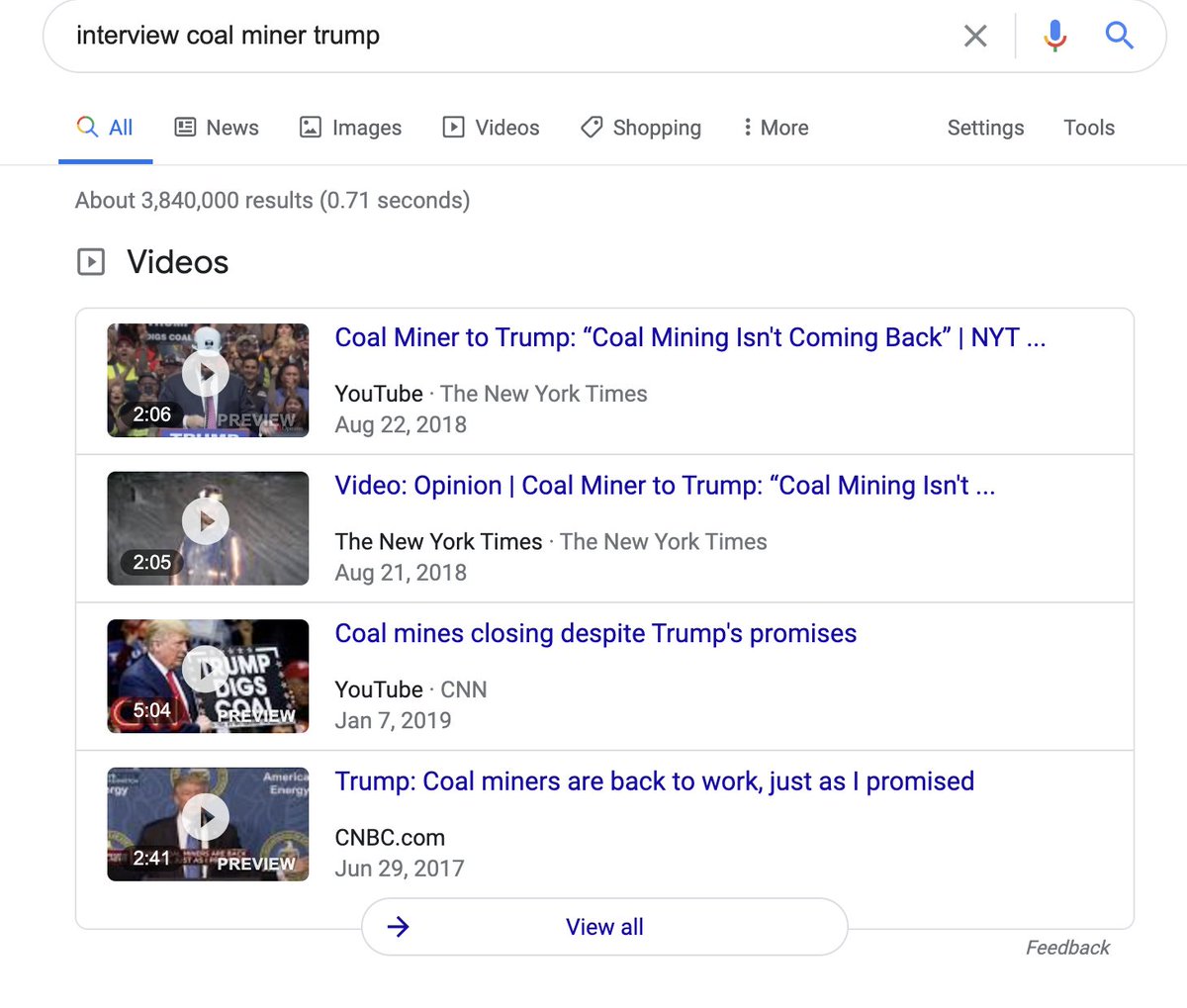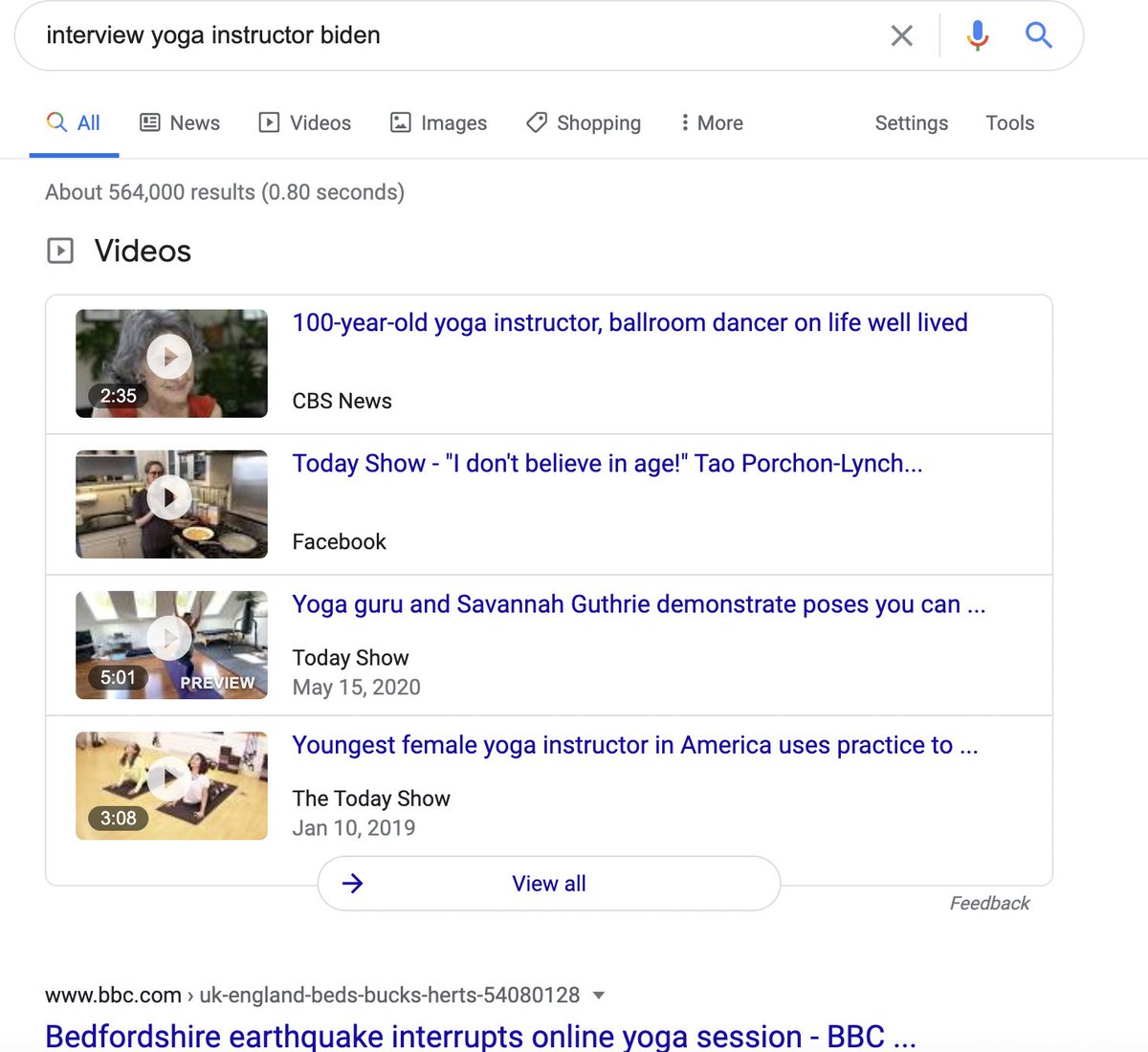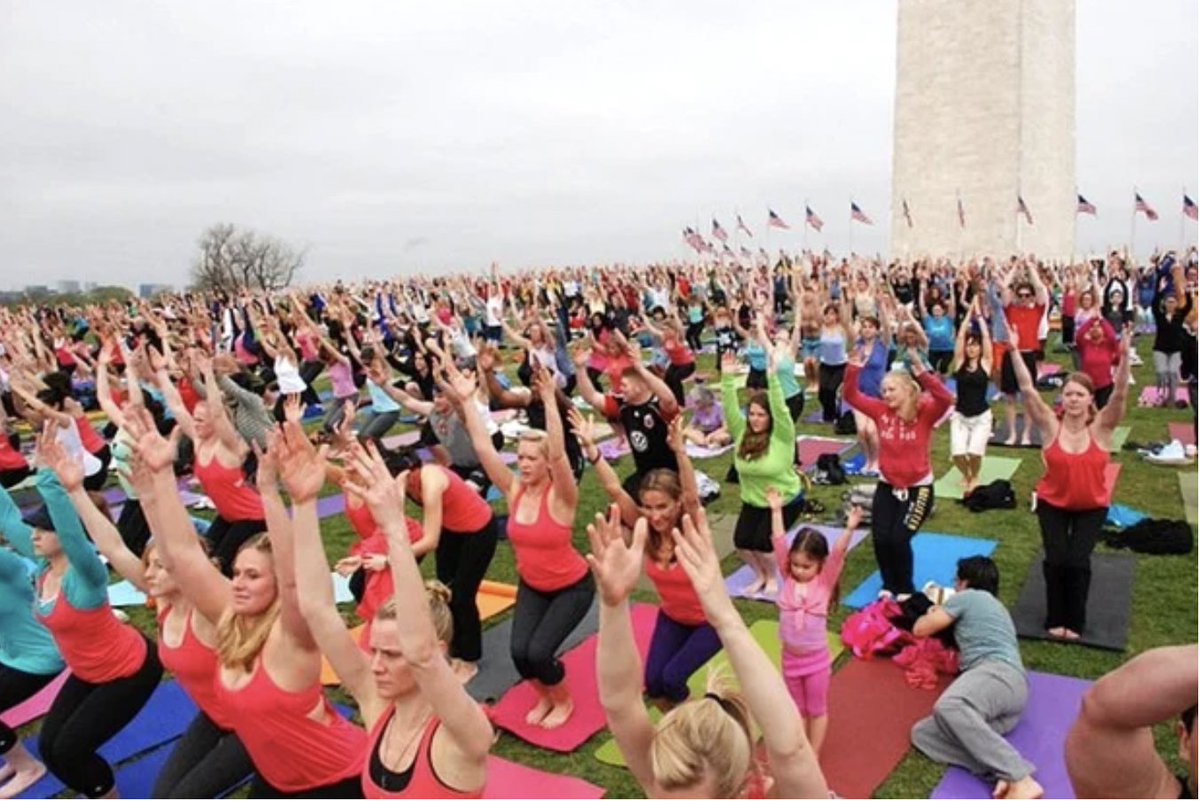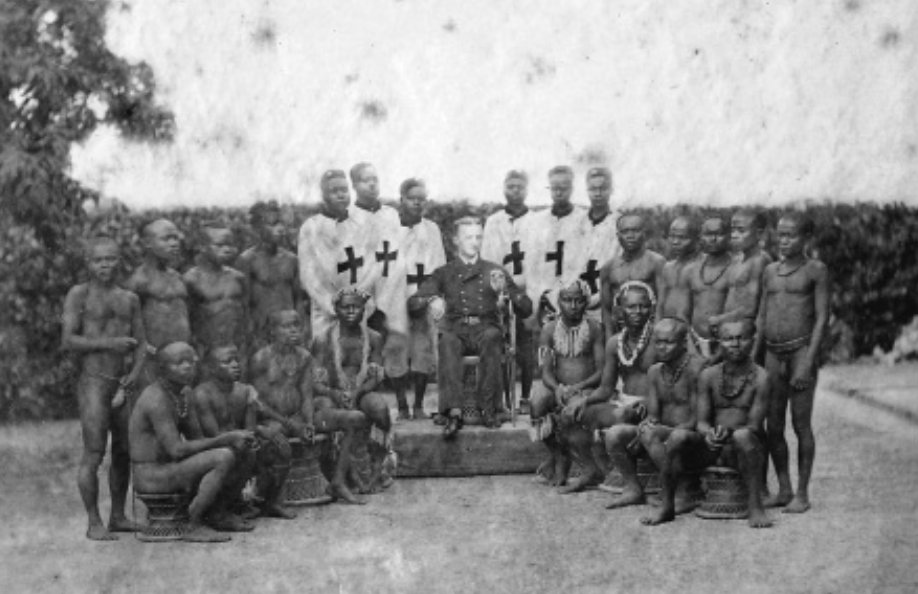I am seeing a ton of confusion about protecting yourself on the Internet. So as a retired bastard genius kid, I wanted to share my own experiences and knowledge in this.
DOXXING, PERSONAL CYBERSECURITY, ANONYMITY for the average revolutionary. A thread:
On an individual level, most average people are not important enough to try to dox. But if you're hiding from a tyrant govt, a high-profile YouTuber with bad opinions, hiding from white supremacists, or an active BLM protestor? Be concerned.
A: STRONG passwords changed regularly. NEVER use the same PW between sites. PW managers/generators help immensely. Combined with two-factor authentication (2FA) on all services, this is enough for most average users.
A: Possibly, but probably not. It can help to narrow down a search for info, but those alone usually aren't enough to find a person online.
A: Yes -- sort of. Do not click strange links without knowing the context. Malicious websites run scripts that do things like IP logging or cookie grabbing. An IP alone does not reveal a physical location, but can be spoofed as your identity.
A: Not necessarily. Many people stay anonymous by operating through multiple identities and being careful about what data is shared where. You are at discretion with how far you want to protect yourself, just like with real life.
A: Virtually no. Nearly all data ever inputted into the Web has been cached and saved somewhere. You can request people directory sites to take down info of you, but usually with limitations. The best way to deal with it is --
2) obfuscating what you found as much as possible. Delete/archive old social media accounts. Request said takedowns. Change your account handles and email addresses. Etc.
A: I know. This stuff is scary. But being equipped with the knowledge is the best thing you can do for yourself. ^^
https://t.co/vQiwAH6fOI
https://t.co/Ht1yLvBGUR
https://t.co/hGm38m94mH
This is technically not about doxxing but it's an INCREDIBLE independent investigation on geolocating a child abuse case based on photos alone. It's incredible what a photo can tell you, even outside of metadata.
https://t.co/bFGbUSelC2
More from Internet
You May Also Like
Joshua Hawley, Missouri's Junior Senator, is an autocrat in waiting.
His arrogance and ambition prohibit any allegiance to morality or character.
Thus far, his plan to seize the presidency has fallen into place.
An explanation in photographs.
🧵
Joshua grew up in the next town over from mine, in Lexington, Missouri. A a teenager he wrote a column for the local paper, where he perfected his political condescension.
2/

By the time he reached high-school, however, he attended an elite private high-school 60 miles away in Kansas City.
This is a piece of his history he works to erase as he builds up his counterfeit image as a rural farm boy from a small town who grew up farming.
3/

After graduating from Rockhurst High School, he attended Stanford University where he wrote for the Stanford Review--a libertarian publication founded by Peter Thiel..
4/
(Full Link: https://t.co/zixs1HazLk)
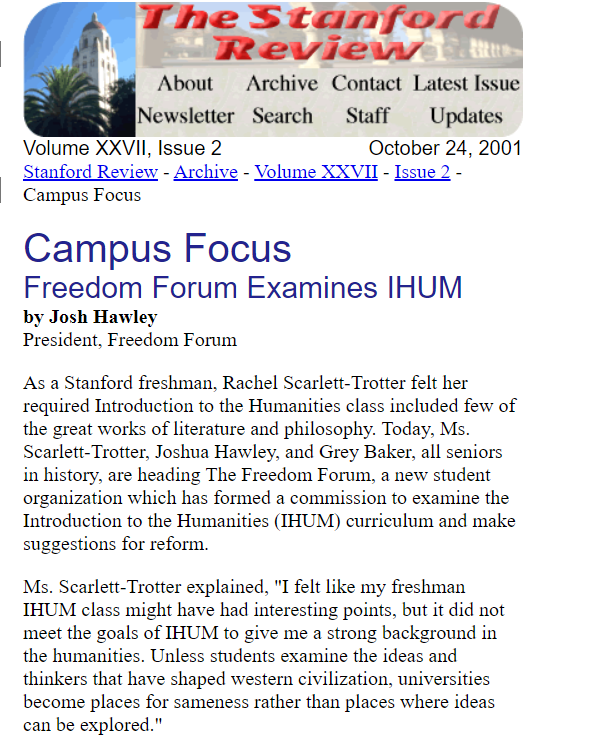
Hawley's writing during his early 20s reveals that he wished for the curriculum at Stanford and other "liberal institutions" to change and to incorporate more conservative moral values.
This led him to create the "Freedom Forum."
5/
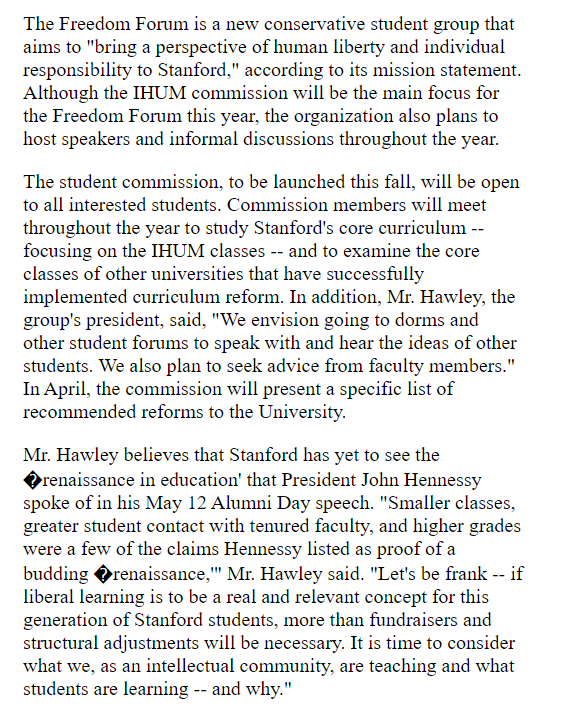
His arrogance and ambition prohibit any allegiance to morality or character.
Thus far, his plan to seize the presidency has fallen into place.
An explanation in photographs.
🧵
Joshua grew up in the next town over from mine, in Lexington, Missouri. A a teenager he wrote a column for the local paper, where he perfected his political condescension.
2/

By the time he reached high-school, however, he attended an elite private high-school 60 miles away in Kansas City.
This is a piece of his history he works to erase as he builds up his counterfeit image as a rural farm boy from a small town who grew up farming.
3/

After graduating from Rockhurst High School, he attended Stanford University where he wrote for the Stanford Review--a libertarian publication founded by Peter Thiel..
4/
(Full Link: https://t.co/zixs1HazLk)

Hawley's writing during his early 20s reveals that he wished for the curriculum at Stanford and other "liberal institutions" to change and to incorporate more conservative moral values.
This led him to create the "Freedom Forum."
5/




